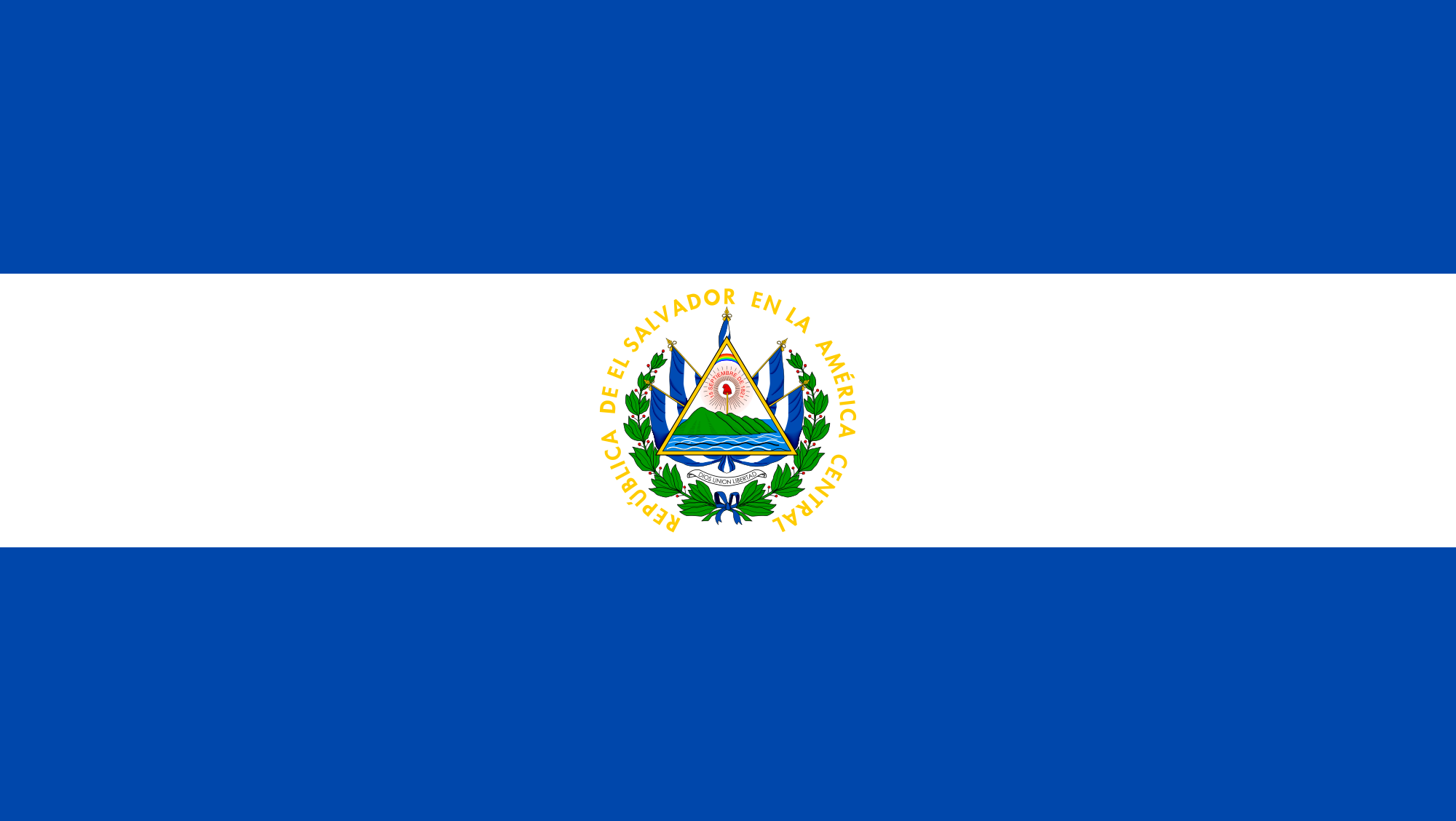Some have already begun to hear the death knell chiming for Latin America’s “turn to the left.” In a recent column, Andres Oppenheimer points to the new-found domestic opposition that Presidents Fernández de Kirchner and Chávez have found in recent months, as well as the rise of a right-of-center candidate, Sebastian Piñera, for the Chilean presidency. Adding to these developments the increasing leadership of what he calls the “pragmatic-democratic bloc” consisting of Brazil, Mexico, Colombia, Peru, and Chile, Oppenheimer concludes that “Latin America’s populist decade may soon end.” The region’s left may not be at its brightest moment, but in the small country of El Salvador, which has had a right-of-center government since time immemorial, the “turn to the left” may just be beginning.
Following the peace agreement that ended the Salvadoran civil war signed by the Frente Faribundo Martí para la Liberación Nacional (FMLN) guerrilla group and the Alianza Republicana Nacionalista (ARENA) government in 1992, the FMLN turned into a political party, and quite successful at winning seats in Congress. In the first elections it participated in, the legislative elections of 1993, the FMLN became the leading opposition group winning 21.4% of the popular vote, while ARENA received 44.5%. In the 1997 legislative elections, both parties received a similar number of votes at around 34%, and ever since then they have been head-to-head at legislative elections. It is at presidential elections that the FMLN has consistently failed. Its first candidate, Rubén Zamora, clearly lost to ARENA by receiving 25% of the national vote (ARENA got 49%). Salvadoran law required a second round of votes because the ARENA candidate, Armando Calderón Sol, received less than the required 50% to win the presidency in the first round, and in this second run, Calderón Sol razed with 68% of the vote, more than doubling the number of votes the FMLN received. That was the last second round of elections that has been held in El Salvador. Since then, the FMLN has fallen behind in every presidential election while ARENA has been able to muster a majority of the national vote in the first round. The FMLN has been unable to appoint a candidate with national appeal, instead relying upon its Cold War-era aging leadership. ARENA’s clearest victory was in 2004 when 46-year-old media-savvy Tony Saca won 57.7% of the vote, while FMLN veteran 76-year-old Schafik Handal got 35.7%. But this may all be changing.
While all past FMLN presidential candidates (Rubén Zamora, Facundo Guardado, and Schafik Handal) had led the FMLN since its heyday as a guerrilla group, this year the FMLN is betting on a different strategy. Mauricio Funes was chosen to be the FMLN’s candidate for the 2009 presidential elections before he was even a party member. His background is as a successful reporter in El Salvador. He has no managerial experience in government or business, but he is certainly a change. The party is already attempting to create a new image for itself with Funes. His campaign has emphasized fiscal conservancy and he has announced that he will respect free trade agreements and retain the dollar, which El Salvador has used as currency since 2001. Funes’ platform is somewhat further to the center than the one Handal used five years ago, but it is the different person delivering the message that may make all the difference. The FMLN’s more orthodox line is represented in Funes’ running mate, Salvador Sánchez Cerén, who is in fact one of the historical leaders of the FMLN and has been involved in politics since he demobilized in 1992. He was a university professor before joining the FMLN and published his autobiography (“Con sueños se escribe la vida: autobiografía de un revolucionario salvadoreño”) once the war was over. His name on the ticket will alienate some in the middle of the spectrum, and it has already been used by ARENA as proof that the FMLN’s come-about is merely superficial.
At the same time ARENA is undergoing a rhetorical change of its own. Its 2009 candidate for the upcoming elections, U.S.-educated Rodrigo Avila, is a former police chief who was in charge of the daunting task of building up El Salvador’s new central police force, made up of former enemies, following the end of the Civil War. He recently launched his campaign calling for a “more inclusive Right,” but the FMLN has already dismissed him more of the same. His running-mate has not been announced yet, but the also right-of-center Partido de Conciliación Nacional (PCN) has already asked for an alliance with ARENA in order to beat the FMLN. In 2006 Sandinista Daniel Ortega won in neighboring Nicaragua, in great part because Nicaragua’s right (the PLC and the ALN) were unable to work together. Were ARENA to agree to unite with the PCN, this may be the key to preventing its first presidential defeat.
Funes has been leading the polls with 37% of voting intention while Avila has only 30%. However, Avila launched his campaign late in the game and since then the margin has been diminishing. Both campaigns can be expected to associate their opponents with scandals and even use smear tactics. A recent scandal at the National Police recently led to its director’s resignation, and if this scandal continues to grow, it could eventually cost Avila votes as the former police chief. At the same time, ARENA has already used the FMLN’s ties with Venezuela and with the FARC (as revealed in Raul Reyes’ computer) to argue that it has not reformed since its days as a guerrilla group. Distractions aside, though, the presidency will go to the candidate that convinces the Salvadoran population that he represents real change. In Central America, the turn to the left may just not be ready to ebb.

Reply